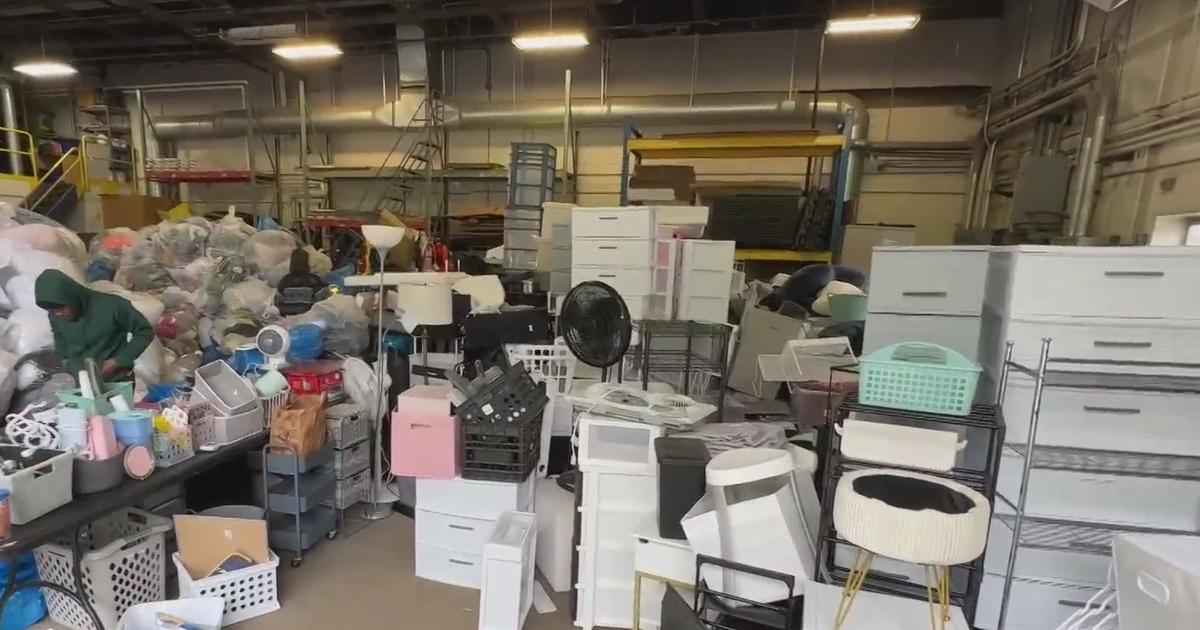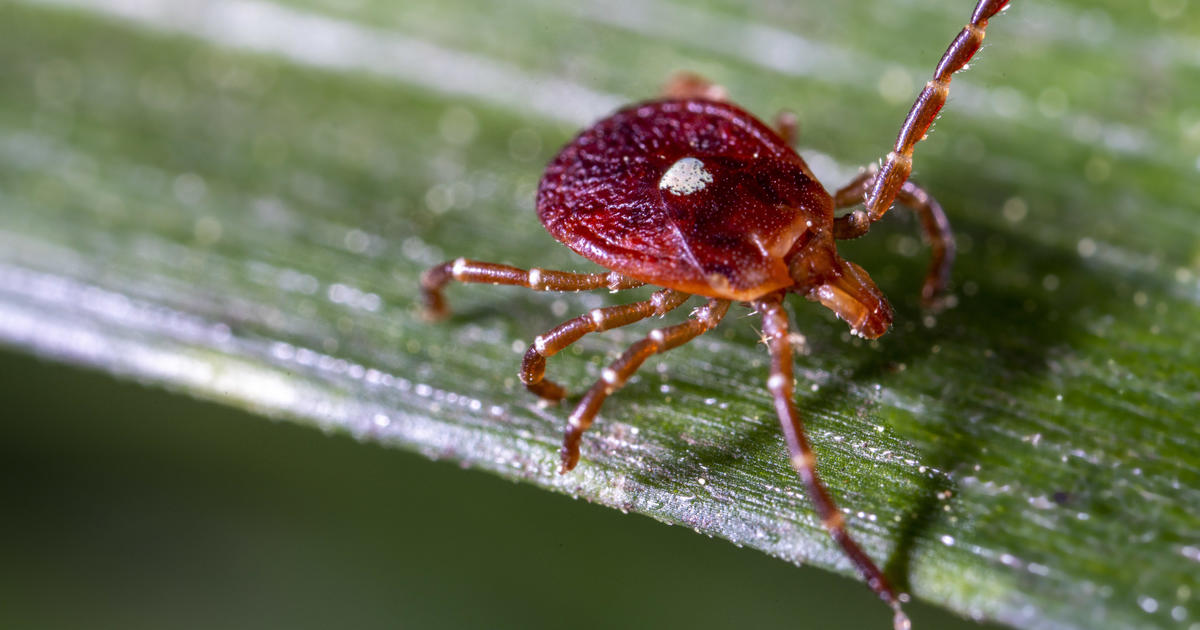MSU Works To Save Endangered 'Snot Otter'
The hellbender salamander -- known affectionately as the snot otter or devil dog -- is one of America's unique giant salamander species. For unexplained reasons, most hellbender populations have rapidly declined as very little reproduction has occurred in recent decades.
Working with researchers from the Nashville Zoo and Antwerp Zoo in Belgium, veterinarians from Michigan State University are helping develop conservation techniques to sample and freeze the sperm from some of the last surviving salamanders. The international consortium's work aims to enable future re-stocking of genetically viable hellbenders back to their streams and rivers, ensuring the survival of the species.
The largest salamander found in North America, the hellbender can grow to up to 30 inches long and live 30 years or more. They live in a geographic range from Arkansas northeast to New York and have remained relatively unchanged since the time of the dinosaurs.
Dalen Agnew and Carla Carleton from MSU's College of Veterinary Medicine are focusing specifically on evaluating the freezing techniques, known as cryopreservation, developed to keep the hellbender sperm viable.
"The hellbender in the United States is becoming endangered, and to make things more difficult, they are very secretive," said Agnew, a member of the college's Department of Pathobiology and Diagnostic Investigation. "The best we can tell, in most hellbender populations there has been no breeding in the wild for several decades."
While other researchers figure out why -- environmental degradation, habitat loss and biological changes are all possibilities -- the team led by Robert Browne of the Antwerp Zoo along with Sally Nofs and Dale McGinnity of the Nashville Zoo is making sure the species does not go extinct, preserving its genetic diversity.
"The work between Nashville Zoo and Michigan State University for the cryopreservation of hellbender sperm is a global model for the genetic management of threatened amphibians," Browne said.
McGinnity, the Nashville Zoo's curator of ectotherms, initiated the project so the frozen salamander sperm can produce hellbenders genetically adapted to their local environments and fit for restocking. Browne developed the cryopreservation protocols, implemented by Nofs -- an MSU veterinary graduate and veterinary services director at the Nashville Zoo -- and her colleague Michael Kirk with captive animals from the zoo. Agnew and Carleton are testing the frozen salamander sperm to ensure the species can be resurrected, if needed.
"This process of cryopreservation is very species specific," Agnew said. "It's a lot like cooking; each species needs its own ingredients and formula. We're basically applying modified fish technologies to amphibians."
So far, the team has seen some promising results: Early tests show researchers have been successful in keeping frozen sperm alive for six months, which indicates the sperm could survive for hundreds of years in cold storage. That will allow the team to establish a collaborative gene banking program for the creature.
"Dr. Agnew and Dr. Carleton's expertise and equipment were invaluable in helping us validate and document the results of our initial cryopreservation trials with the hellbender semen," Nofs said.
As part of the project, the research team also is studying the comparative structure of hellbender sperm using electron photomicrographs, in collaboration with the MSU Center for Advanced Microscopy. This will allow scientists to learn more about the characteristics of the unique amphibian and to ensure its survival.
(c) 2010, WWJ Newsradio 950. All rights reserved.



